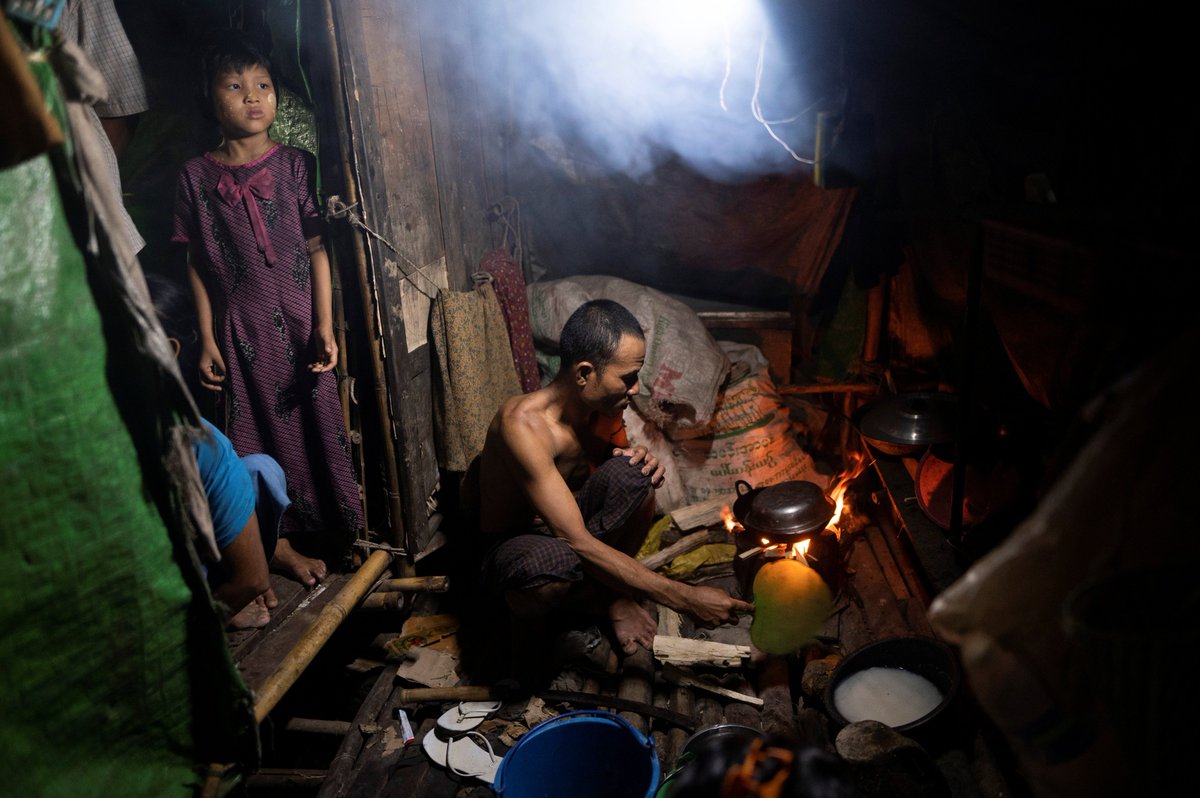
Gospel: Today Jesus meets Peter for the first time, after being introduced to him by Andrew, Peter's brother (Jn 2). All of them are in the company of John the Baptist, by the Jordan. But in the other Gospels, their first meeting is quite different. In the Synoptic Gospels... 

Jesus comes from Nazareth to the Sea of Galilee where he says, "Come after me, and I will make you fishers of people" (Mt and Mk). And in Luke he performs a miracle before Peter (5:1-11). So which is it? Well, NT scholars generally avoid trying to "harmonize" the Gospels...
But what seems likely to me is this: Jesus, as well as Peter and Andrew, were most likely part of John the Baptist's circle. So it makes sense they would have met in John's company. Perhaps Jesus met Peter and Andrew at the Jordan, took their measure, returned home to reflect...
....on the two men, and decided that these would be good people to join his group. He then travelled to the Sea of Galilee to call them definitively. That helps to explain their prompt response: leaving everything behind. Having met him earlier made it easier to say "Yes..."
The varieties of ways that the Gospels tell the same story shouldn't bother us. They are four different writers telling the same story to four different communities, stressing some things and omitting others, as any of us would do. But at heart they agree: Jesus called Peter...
...and his brother Andrew by name. Jesus also "creates" them in a new way. That is: "I will *make* you fishers of people." (He's creating something new.) Or "You are to be called Cephas" (He's naming something new).
Jesus both calls us and recreates us.
Jesus both calls us and recreates us.
• • •
Missing some Tweet in this thread? You can try to
force a refresh







